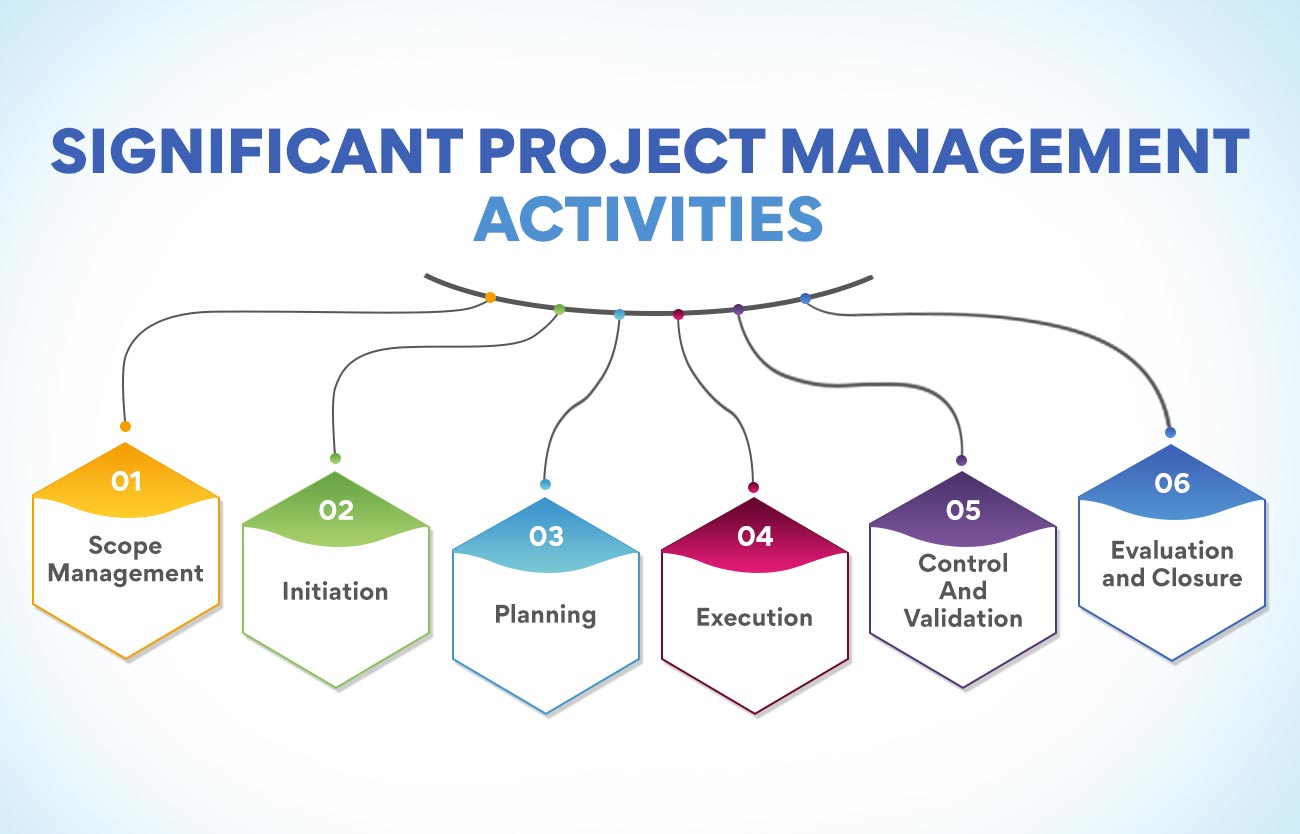Effective Meeting Management for Project Leaders
Effective Meeting Management for Project Leaders
Blog Article

Effective meeting management is a crucial skill for project leaders who aim to successfully guide their teams toward project completion. In today's fast-paced work environment, where time is often at a premium, conducting efficient and purposeful meetings can mean the difference between project success and stagnation. A well-structured meeting not only helps in aligning the team’s goals but also fosters a collaborative atmosphere where ideas can thrive.
Project management involves coordinating resources, tasks, and timelines, all of which are significantly influenced by how meetings are handled. When project leaders prioritize effective communication and planning in their meetings, they empower their teams to engage actively and contribute meaningfully. This article will explore strategies for project leaders to enhance meeting productivity, ensuring that every session is a valuable investment of time and effort.
Setting Clear Objectives
Project Management Program
Effective meeting management begins with setting clear objectives. For project leaders, this means identifying what the meeting aims to achieve and communicating those goals to all participants. Clarity in objectives not only helps focus discussions but also ensures that all team members understand their roles and contributions toward achieving these goals. This approach reduces ambiguity and fosters a productive environment where everyone is aligned on the expected outcomes.
When establishing objectives, it is important to make them specific, measurable, achievable, relevant, and time-bound. By applying the SMART criteria, project leaders can create objectives that provide a clear roadmap for the meeting. For instance, instead of vague aims like improving project progress, leaders should specify targets such as addressing three critical action items from the previous meeting and assigning responsible team members to each task. This level of detail helps to keep discussions on track and prevents deviations from the original purpose of the meeting.
Furthermore, project leaders should encourage input from all team members when setting objectives. This collaborative approach not only empowers participants but also enhances buy-in and accountability. By involving the team in the objective-setting process, leaders can tap into diverse perspectives and ensure that the objectives reflect the collective needs and priorities of the project. Such inclusivity can lead to higher engagement levels and a commitment to achieving the set goals.
Creating a Structured Agenda
A well-structured agenda is the backbone of effective meeting management. It serves as a roadmap for the discussion, ensuring that all participants are aligned on the topics to be covered and the objectives of the meeting. As a project leader, take the time to outline the key issues that need to be addressed, allocate appropriate time for each item, and prioritize them based on urgency and importance. This preparation not only streamlines the meeting but also respects everyone’s time by keeping discussions focused and productive.
When crafting the agenda, it is crucial to involve key stakeholders early in the process. Solicit their input on items they believe should be addressed. This collaborative approach fosters a sense of ownership and accountability among team members while ensuring that all relevant topics are included. Additionally, sharing the agenda in advance allows participants to come prepared with their thoughts and insights, leading to a more dynamic and engaging discussion.
Finally, be sure to include time for open discussion or questions at the end of the meeting to encourage collaboration and creativity. This segment can often uncover valuable insights that may not have been raised in structured parts of the agenda. By balancing detailed planning with the flexibility for organic conversation, project leaders can facilitate a meeting environment that promotes effective communication and supports the successful advancement of the project.
Encouraging Participation
Engaging team members in meetings is crucial for the success of any project management initiative. To encourage participation, project leaders should create an open atmosphere where all voices are welcomed. This can be achieved by starting meetings with a round of introductions or sharing personal updates if appropriate. Establishing a rapport helps team members feel valued and motivates them to share their ideas freely.
Another effective strategy is to utilize inclusive questioning techniques. Instead of asking for a general opinion, project leaders can direct questions to specific individuals based on their expertise. This approach not only highlights the contributions of various team members but also fosters a sense of responsibility and ownership. Additionally, using platforms for anonymous feedback can help those who may be hesitant to express their thoughts openly.
Finally, acknowledging and building on contributions made during the meeting is essential. When ideas are recognized and discussed further, it encourages others to speak up as they see their input having an impact. By celebrating diverse viewpoints and actively involving everyone in the decision-making process, project leaders can create a collaborative environment that drives project success.
Follow-Up and Accountability
Effective follow-up is crucial for ensuring that tasks identified during meetings are completed on time. After a meeting, leaders should send a summary of the discussions and any assignments to all participants. This serves as both a reminder of their responsibilities and a record of what was agreed upon. By outlining specific deadlines and next steps, project leaders can create a clear roadmap that helps the team stay focused and accountable.
In addition to sending meeting summaries, regular check-ins can enhance accountability. Project leaders should establish a routine for following up with team members on their progress. This can be done through brief one-on-one meetings, emails, or project management tools that track tasks. By maintaining open lines of communication, leaders can address any challenges team members may be facing and offer support before issues escalate.
Finally, recognizing and celebrating achievements reinforces accountability. When team members complete tasks successfully, acknowledging their hard work fosters a positive environment. Highlighting progress in team meetings or through company communications not only motivates individuals but also encourages a culture of accountability within the group. By consistently following up and celebrating successes, project leaders can ensure that their teams remain engaged and committed to project goals.
Report this page